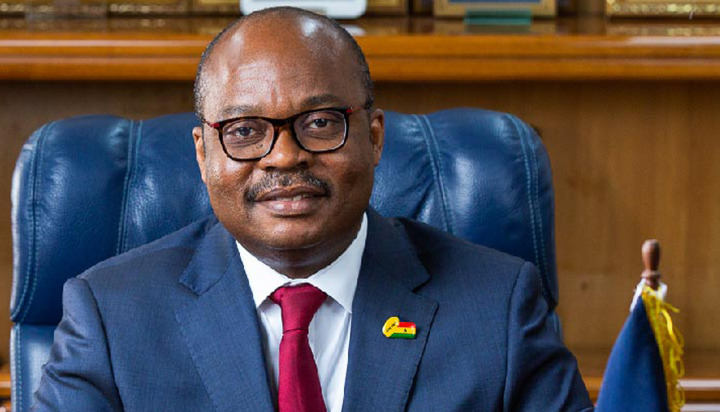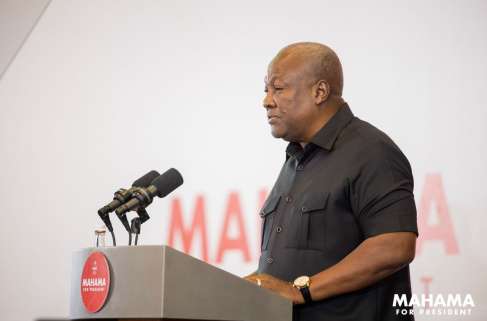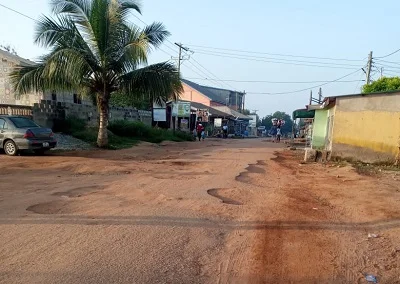Dr. Ernest Addison, Governor of the Bank of Ghana, has said that the recent launch of three policies in the financial sector is projected to improve access to financial services from 58 percent in 2015 to 85 percent by 2023 through increased digital financial services.
This according to him, will help promote economic empowerment of the poor and marginalized. The projected increment represents 27 percent growth in access to financial services over the target 8-year period.
The policies launched by the Government of Ghana includes the National Financial Inclusion and Development Strategy (NFIDS), the Digital Financial Services Strategy (DFSS), and the Cash-Lite Policy.
He said this whilst giving the key note address at a webinar co-hosted by the Alliance for Financial Inclusion (AFI) and Bank of Ghana (BOG) on Integrating Gender Considerations into Covid-19 Policy Solutions.
Dr. Addison indicated that as one of the implementing agencies under these policy initiatives, the Bank of Ghana will continue to use its policy and regulatory tools to promote safety and soundness of banks and SDIs and digital financial services to the benefit of all economic actors.
According to him, the financial system is very well “positioned to continue to play a key role in supporting economic recovery going forward, and helping to promote financial inclusion and in particular to reduce the gender gap”.
“The Bank of Ghana remains committed to delivering on our commitments under AFI’s Maya Declaration, Denarau Action Plan, and Kigali Statement, and in keeping with our role as an AFI Gender Inclusion Ambassador, we will continue to make progress on promoting a gender-inclusive financial services ecosystem, and promoting sustainable finance.
“Building on our existing sex-dis-aggregated data collection portal for mobile money services, we are developing a more comprehensive dis-aggregated reporting regime for all our regulated institutions through a new Online Regulatory and Analytics Surveillance System to be fully operational by the end of the year, to help shape more gender-specific policy and regulatory measures going forward”.
The second Deputy Governor of Bank of Ghana, Mrs. Elsie Addo Awadzi, also indicated that “promoting gender-inclusive finance is somehow inextricably linked to addressing the many underlying socio-economic and cultural issues that create inequalities for women in the job market and in business (formal or informal). Policies are needed to empower women economically by addressing issues affecting work-life balance, employment and income disparities, land ownership, inheritance, education, healthcare, child care, and elder care, among others”.
The Governor of the central Bank further states that “as we look ahead and armed with lessons from the past, let us explore the opportunities that the current pandemic presents to us as policy makers and regulators in the AFI Network, and let us identify ways in which we can adopt new approaches to addressing the gender gap in access to finance.
“This is not the time to leave any one behind, and we must begin to be more intentional about bridging the financial inclusion gap and the disparities that exist from a gender perspective. This is critical to making progress in our inclusive socio-economic growth and development aspirations. Fortunately, this webinar and the line-up of speakers and discussions, promises to help in that direction”.





















